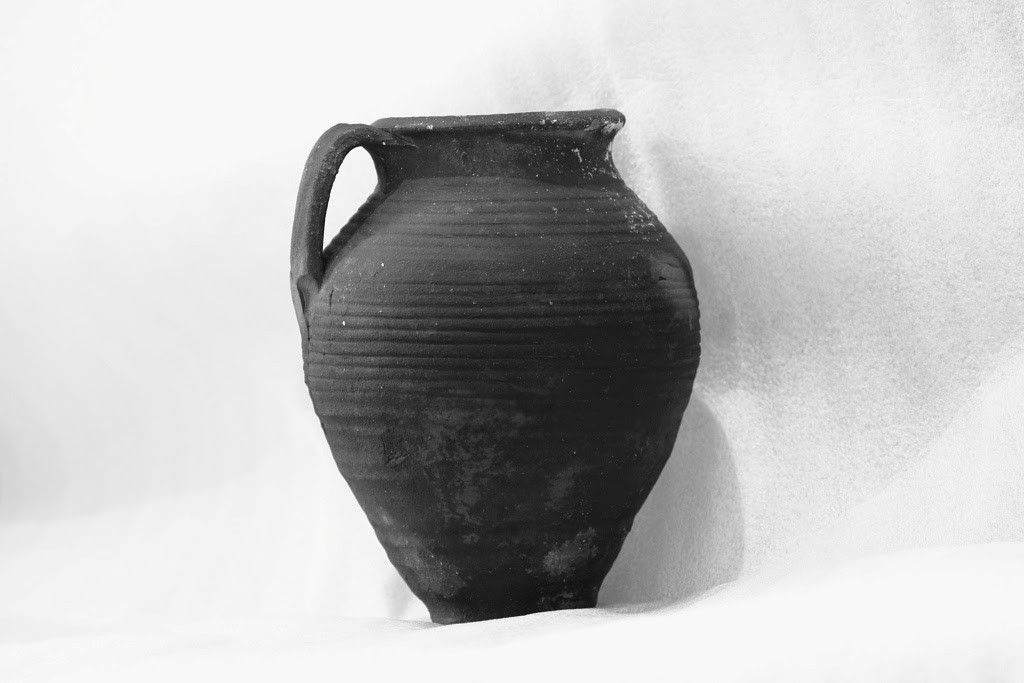There is always enough
 |
| (PC: zeevveez via flickr) |
Unlike us, Jesus doesn't break something that is bruised. We see something that is going towards death or we see it as useless, so we kick it to the curb or end it ourselves. Like a forgotten dream or hope. We see it as something that lacks potential or is unworthy. We think it's too late to try to mend a relationship or too late to finish a project. It's broken, why try to recover it?
But Jesus doesn't see that glass half empty. He will not "snuff out a smoldering wick." We may see the end of something before it's even over. We don't see that there's still some spark in that fire or some oil in that lamp. We see the light dying out. But to Jesus, the last bit of flame or oil is enough.
We can do big things with the little that we have. We shouldn't focus on the lack of things but see what we actually have and use that as tools to finish what we started, to finish God's plan and purpose for us.
This idea reminds me of the widow in the Bible from 2 Kings chapter four. This woman was left with her husband's debt after his passing and his creditor was coming to take her two sons as his slaves. She went to Elisha, a man of God, for help and when he asked her what does she have in her house she said "Your servant has nothing there at all, except a little oil." Elisha then told her to collect empty jars around the neighborhood, not some but all, and to then take them home and to shut the door behind her to be just with her sons. She was then instructed to pour oil into all the jars until they're filled.
The widow followed his instructions without hesitation and with faith. She had no plan B, she felt like this was the only way she could save her sons from being taken as slaves. She didn't panic and focus on the little she had at that moment--she was aware of what she had and knew that's the only thing that would be considered of value to the creditor. She didn't disregard it, she knew she had something.
She continued to fill every jar until they were filled and there was "'not a jar left.' Then the oil stopped flowing," (2 Kings 4:6). We are given all that is sufficient to fulfill its purpose. Whatever we have is sufficient enough, never not enough.
The widow then went to Elisha and he told her to sell the oil and pay her husband's creditor and "live on what is left," (2 Kings 4:7). By following Elisha's instructions, which was wisdom and prophecy from God, the widow's faith was enough. Her faith led her to Elisha, a man of God, and her act of faith and trust saved her and her family.
A bruised reed he will not break, and a smoldering wick he will not snuff out.
— Isaiah 42:3
When all the jars were full, she said to her son, "Bring me another one." But he replied, "There is not a jar left." Then the oil stopped flowing. She went and told the man of God, and he said, "Go and sell the oil and pay your debts. You and your sons can live on what is left."
— 2 Kings 4:6-7
Edited April 2021


Comments
Post a Comment